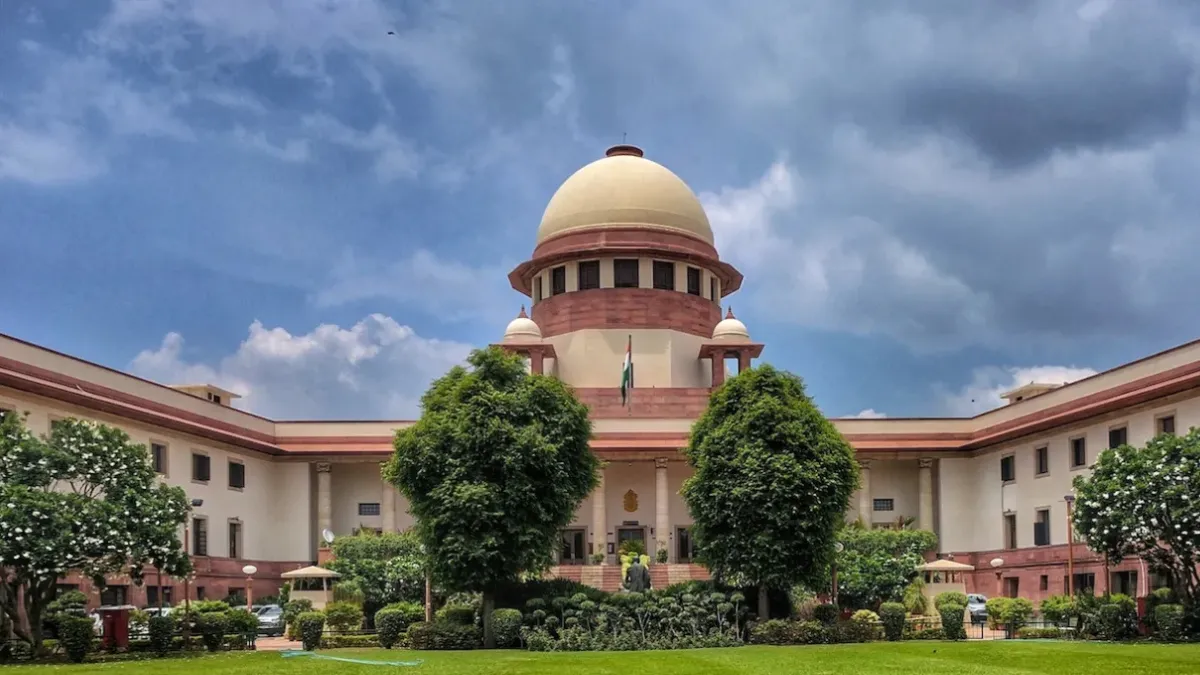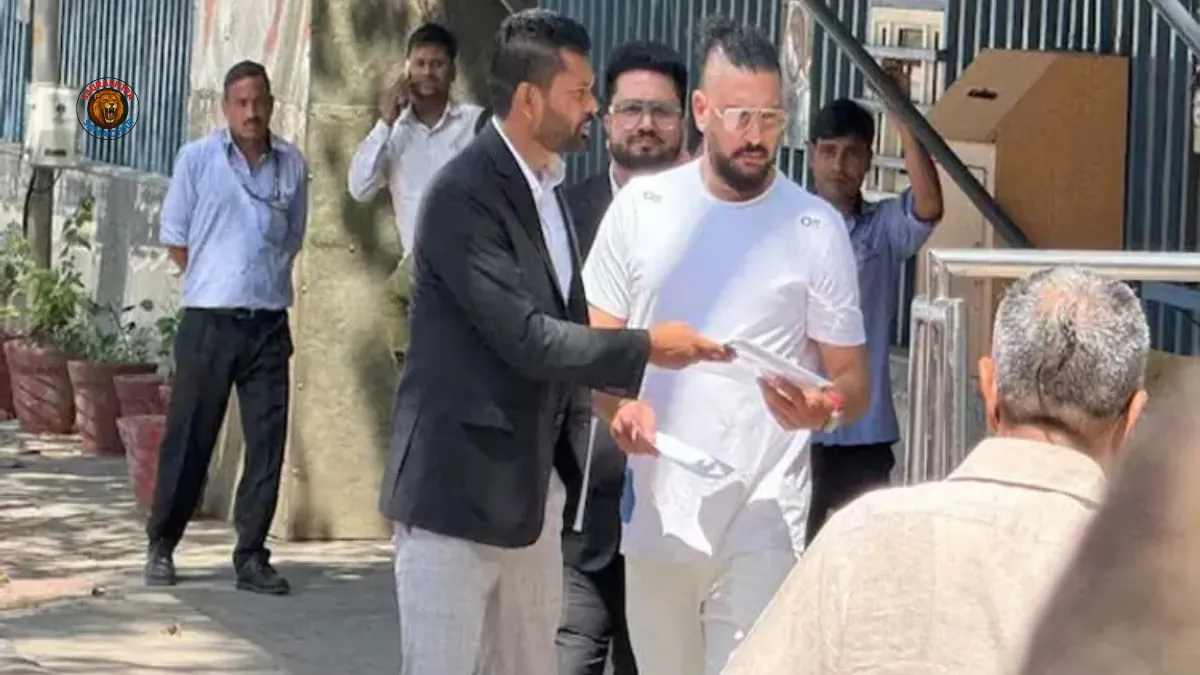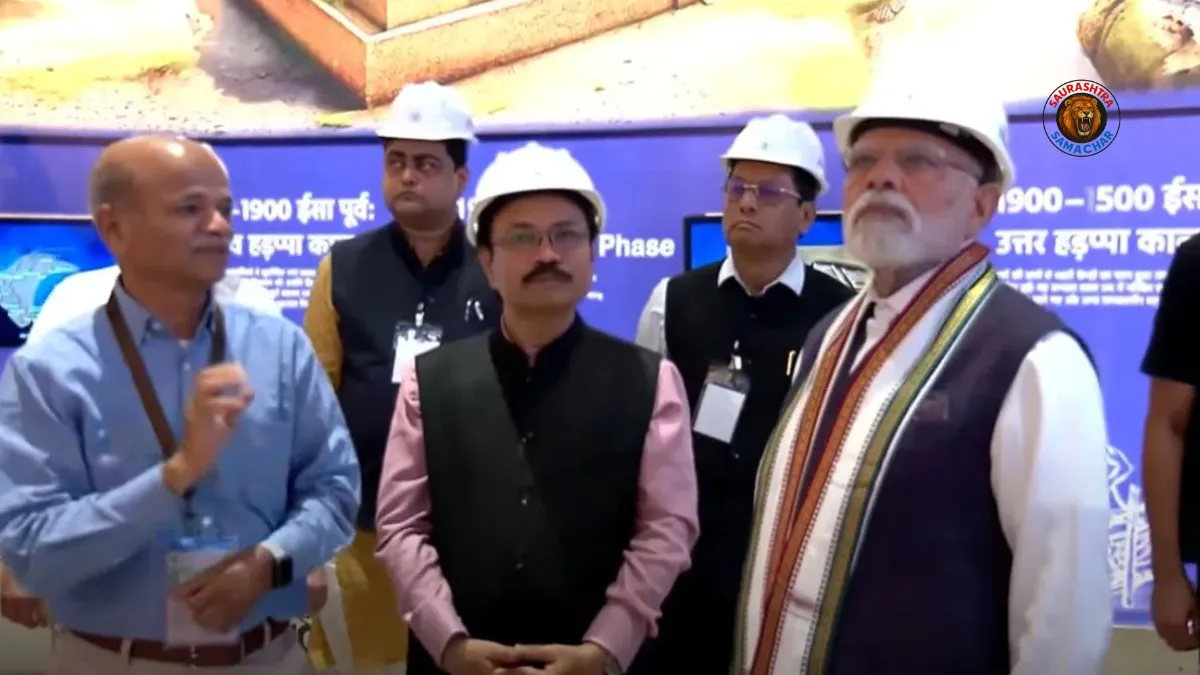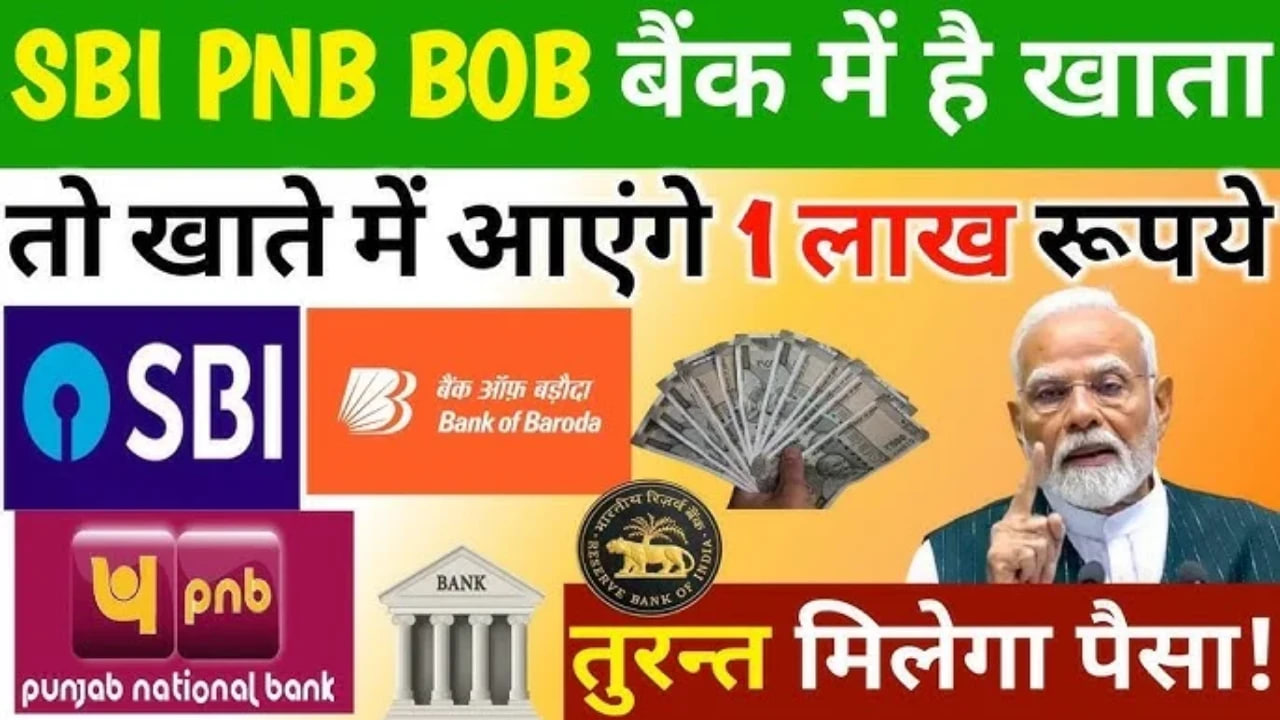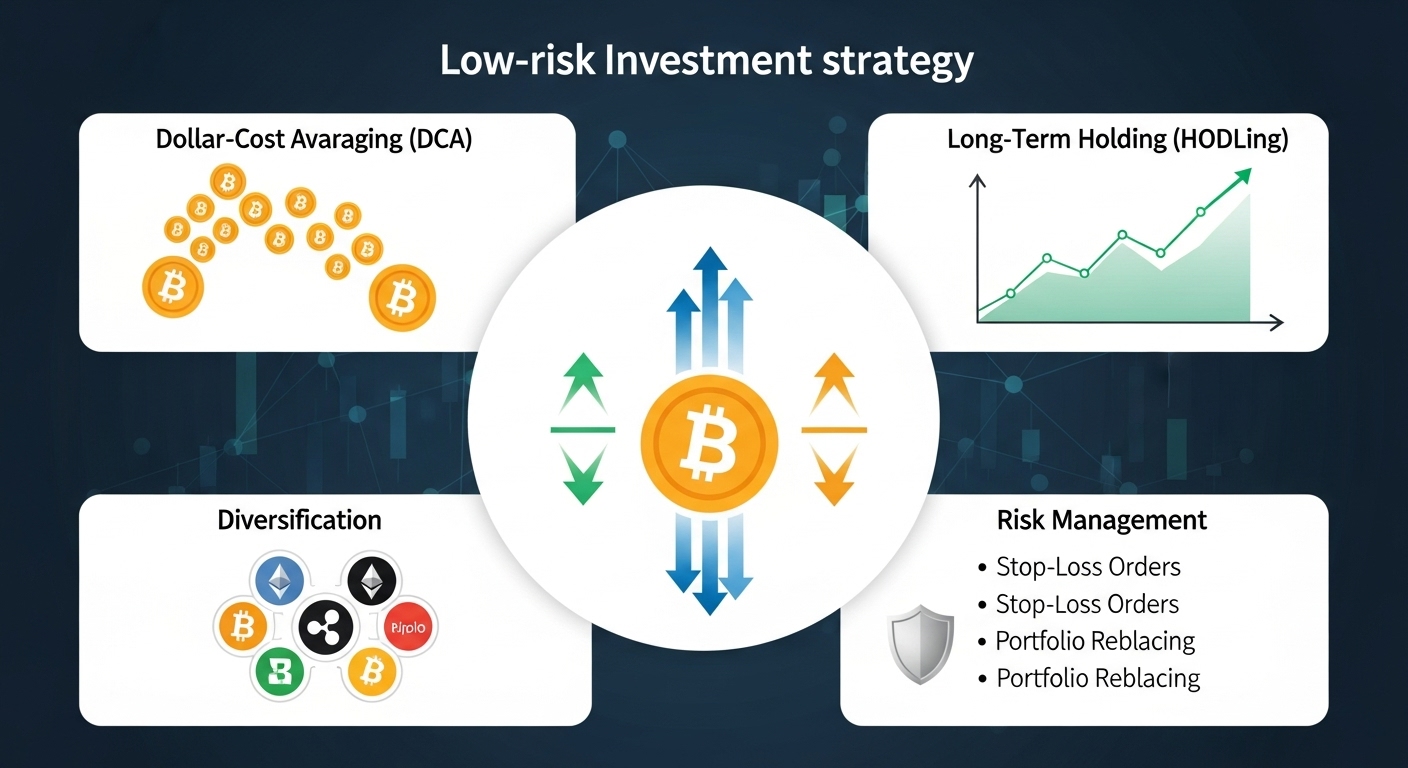Supreme Court on TET – In a significant move to improve the quality of education in India, the Supreme Court of India has ruled that every teacher, irrespective of whether they are working in government or private schools, must clear the Teacher Eligibility Test (TET). This landmark decision is expected to transform the education system by ensuring that only qualified and competent teachers remain in classrooms.
The ruling has not only emphasized the importance of teacher eligibility but also created a roadmap for nationwide implementation. The case, titled Anjuman Ishati Talim Trust vs. State of Maharashtra, has gained national attention and is currently relisted for hearing in the Supreme Court. The next hearing is scheduled for September 16, 2025, where ancillary issues linked to the judgment may also be discussed.
Why the Supreme Court on TET Ruling Matters
Teachers form the backbone of any education system, and the Supreme Court has underlined that without quality teachers, the vision of the Right to Education (RTE) Act cannot be fulfilled. By making the TET exam mandatory for all teachers, the Court aims to:
- Standardize the recruitment of teachers across India.
- Ensure students receive proper guidance and instruction from trained professionals.
- Promote accountability in the teaching profession.
- Discourage unqualified individuals from occupying teaching posts.
This decision reflects a broader vision of raising the bar for education in India and aligning it with global standards.
Who Falls Under This Verdict?
The Supreme Court has clarified that the ruling applies to all teachers, both in government and private institutions, including those appointed before 2010. Teachers falling into this category must pass the Teacher Eligibility Test (TET) within the next two years.
This means that even experienced teachers who have been serving for decades will now have to prove their eligibility through this test if they want to continue in the profession with full rights and benefits.
Exemptions and Special Conditions
The Supreme Court on TET ruling is strict, but it also provides some exemptions with clear conditions. These include:
- Teachers nearing retirement: If a teacher has only five years of service left, they are exempt from passing the TET. However, this exemption comes with a limitation — such teachers will not be eligible for promotions.
- Teachers unable to clear TET in two years: Those who fail to pass the TET within the next two years will lose their chances of promotion and, more importantly, will be required to take compulsory voluntary retirement.
This balanced approach ensures that while younger teachers must upgrade their qualifications, senior teachers nearing retirement are not put under undue pressure.
Case Background
The issue began with the case Anjuman Ishati Talim Trust vs. State of Maharashtra. Several connected cases, especially from Tamil Nadu, were also tagged along. However, the current hearing is not a review petition but a re-hearing to clarify ancillary issues related to the main judgment.
The Supreme Court’s involvement highlights how important teacher eligibility is in the context of the Right to Education Act, which requires proper qualifications for all teachers to safeguard children’s fundamental right to education.
Nationwide Implementation
The Supreme Court on TET ruling will not remain limited to Maharashtra or Tamil Nadu. Since the RTE Act applies across India, the decision is expected to be implemented nationwide.
The process will become official once a notification is issued by the Central Education Department and the National Council for Teacher Education (NCTE). Once the notification is out, all states and union territories will have to enforce the mandatory TET requirement for teachers.
This nationwide application will create a uniform standard of teacher eligibility and reduce disparities between states.
Next Hearing in September 2025
The next phase of the case is scheduled for September 16, 2025, when the Supreme Court will once again review ancillary issues. It is expected that during this hearing, the Court may either strengthen its stand on TET or clarify procedural details for implementation.
This upcoming hearing will be crucial for teachers, school administrations, and education authorities across the country.
Impact on Teachers and Education System
The Supreme Court on TET decision will bring several long-term changes to the Indian education system.
- Better Quality of Education: With only qualified teachers in classrooms, students are expected to benefit from improved teaching standards.
- Professional Accountability: Teachers will now have to consistently update their skills and prove their eligibility.
- Clear Promotion Rules: Only those who pass TET will be eligible for promotions, ensuring merit-based career progression.
- Retirement Pressure: Teachers failing the TET may have to accept voluntary retirement, pushing them to take the exam seriously.
- Uniform Standards Across India: By applying the rule nationwide, disparities between states will be reduced, creating a level playing field.
Table: Key Highlights of the Supreme Court on TET Ruling
| Aspect | Supreme Court Decision | Implications |
|---|---|---|
| Applicability | All teachers in govt. and private schools | Mandatory for both sectors |
| Teachers before 2010 | Must pass TET within 2 years | Applies nationwide |
| Retirement exemption | Teachers with less than 5 years left | No promotions allowed |
| Non-compliance | No promotions + compulsory voluntary retirement | Strict penalty |
| Nationwide effect | Based on RTE Act | To be notified by Central Govt. and NCTE |
| Case name | Anjuman Ishati Talim Trust vs. State of Maharashtra | Linked to Tamil Nadu cases as well |
| Next hearing | September 16, 2025 | Ancillary issues to be discussed |
Preparing for the Future
The ruling is a wake-up call for teachers across the country. Those who are yet to clear the Teacher Eligibility Test must now start preparing seriously. Coaching centers, online courses, and state education boards are expected to roll out support mechanisms for teachers preparing for TET.
It is also likely that teacher unions and organizations will play an active role in guiding members about the new rules and helping them adapt.
Also read: Trump Tariff Supreme Court Showdown: A Defining Test for American Democracy
Conclusion
The Supreme Court on TET decision marks a turning point in Indian education. By making TET compulsory for all teachers, the Court has reinforced the idea that quality education begins with qualified teachers.
While the ruling poses challenges for many teachers, it also creates opportunities for a more transparent and merit-based education system. Students, who are the ultimate beneficiaries, stand to gain the most from this decision.
As the next hearing approaches on September 16, 2025, all eyes will be on the Supreme Court. Whatever refinements come out of the case, one thing is clear — teaching in India will never be the same again.
